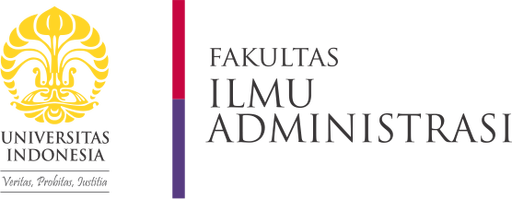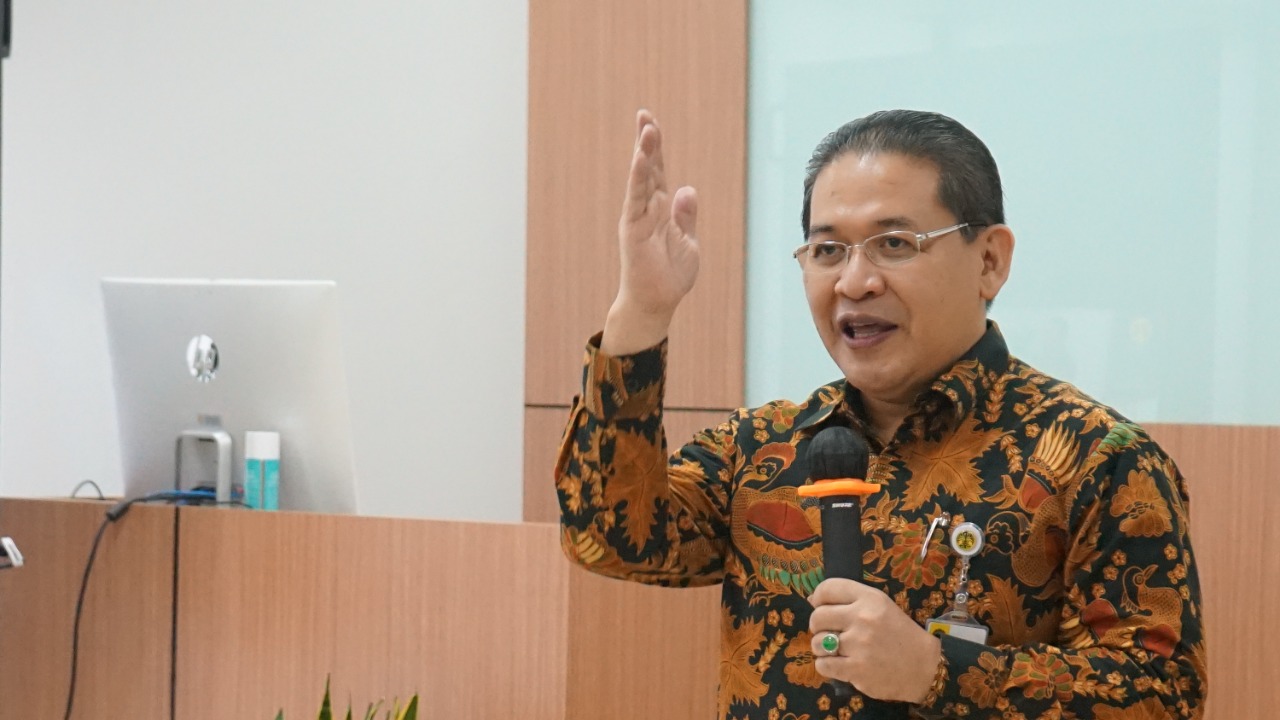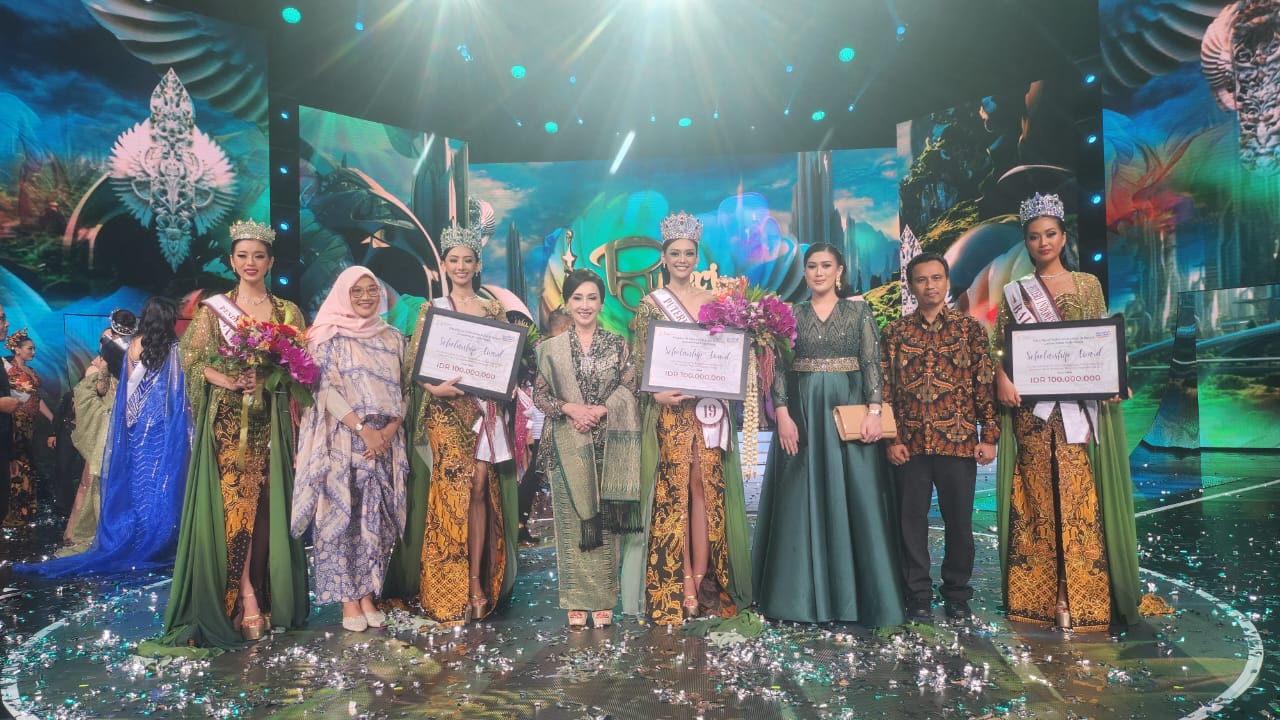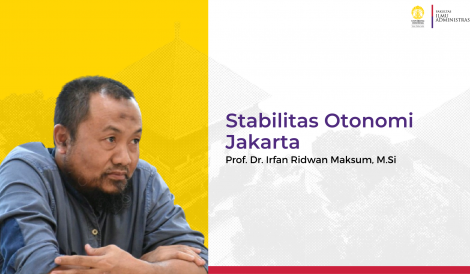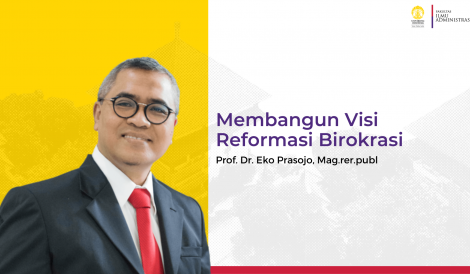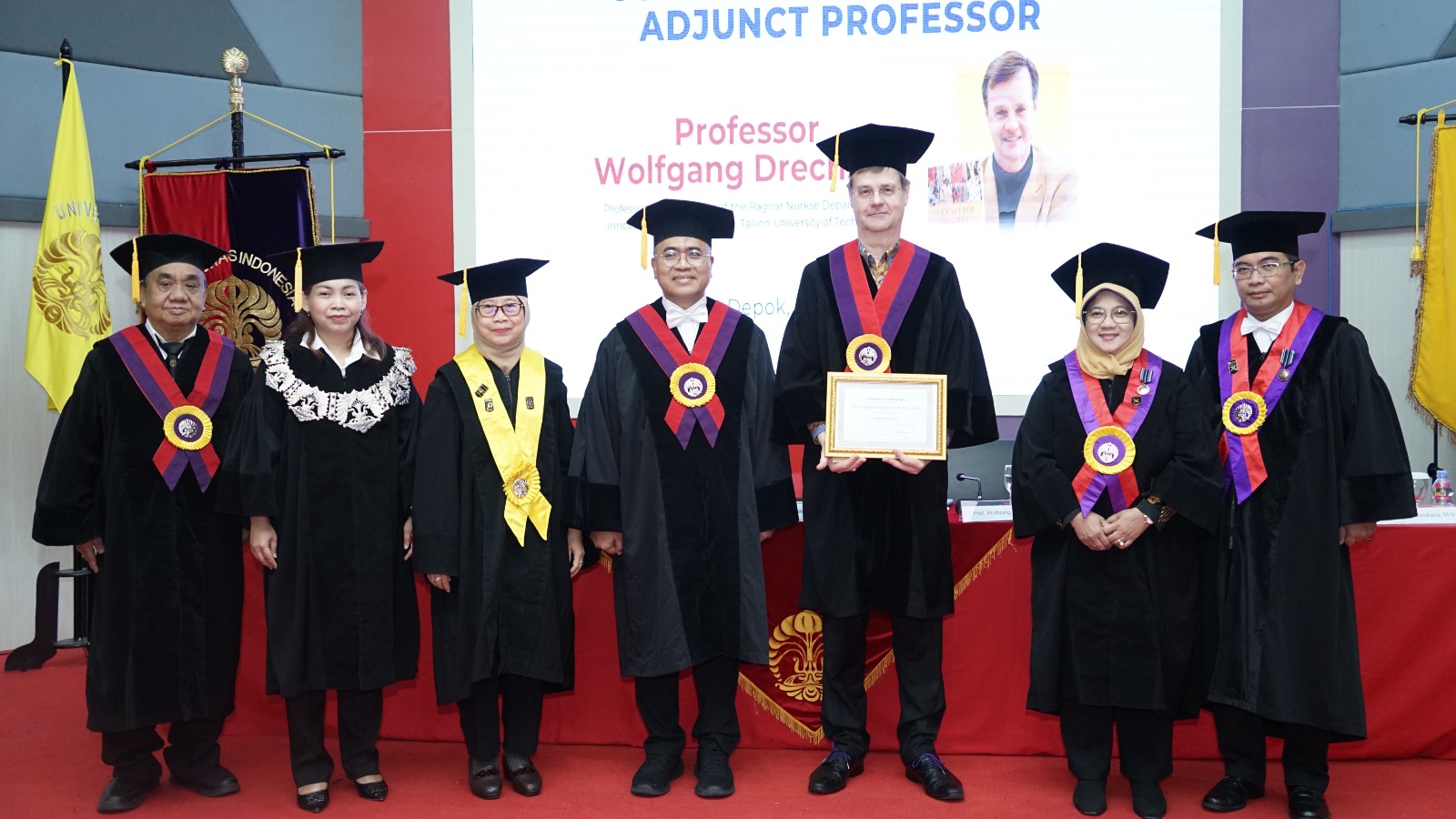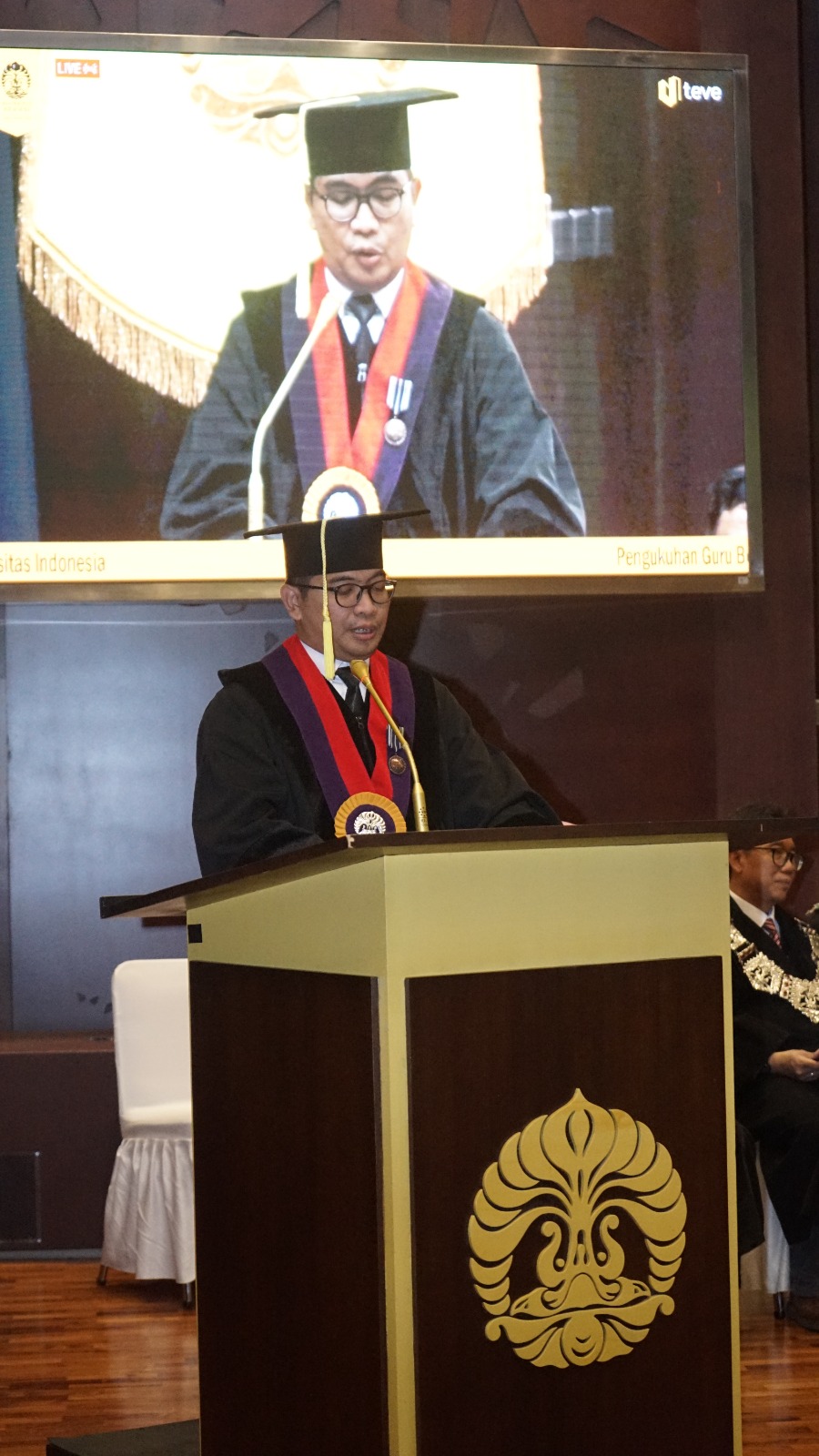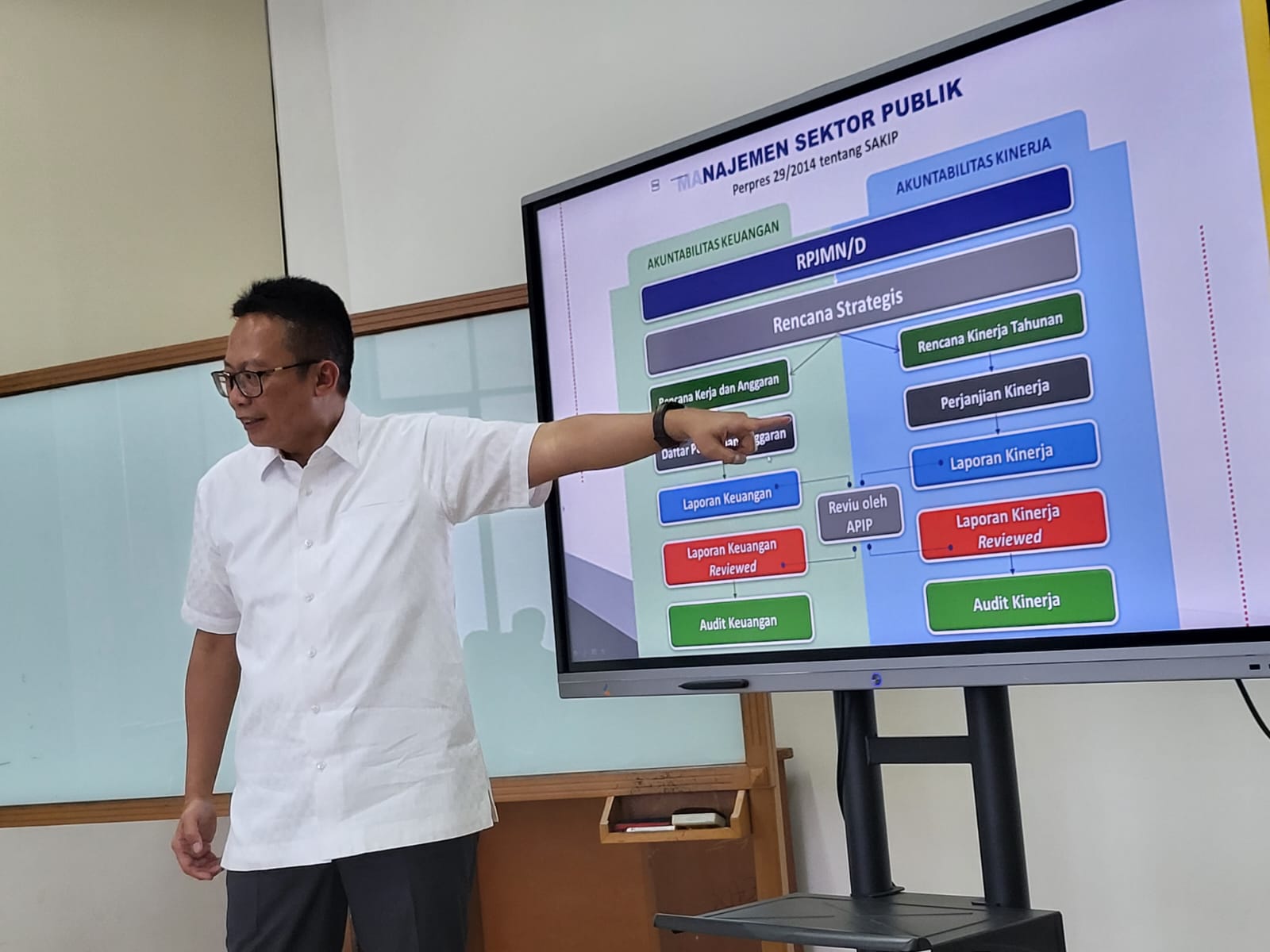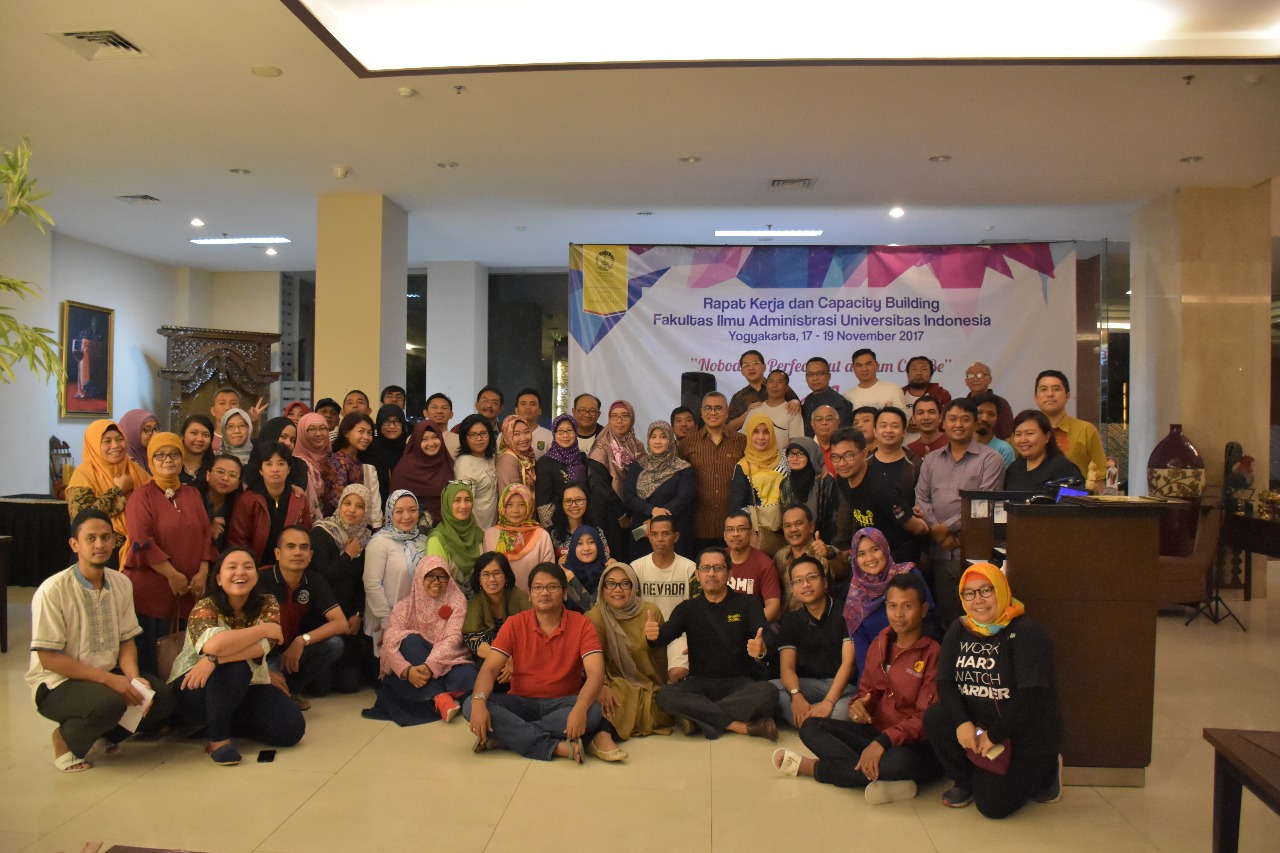Jakarta: Many countries compete to issue special or golden visas for foreign investors. They are even lured with various facilities, including a visa duration of five to 10 years for a residence permit.
At first glance, this step is interesting because it will likely attract as many investors or the world’s wealthy as possible
to invest in the country. However, behind it appeared several thorny issues. Only now, Indonesia is one of the countries that adopted this policy. Should the government also provide a golden visa?
Among the countries implementing golden visas are the United Arab Emirates (UAE). The government provides golden keys for 10-year residence permits for those who invest 2 million dirhams (Rp. Trim can also get a golden visa to earn 1 million dirhams per year.
Malaysia also launched a premium visa program to attract wealthy investors to their country. The visa can be valid for 20 years with five years. For the initial stage, Malaysia provides 1,000 investors who contribute around 200 million ringgit to the local economy and deposit money worth 1 billion ringgit.
Singapore is a country known for giving golden visas since 2004 to attract investors to stay in the country for five years.
The condition is that the investor must have a minimum investment of USD 1.8 million in a company registered in Singapore. Meanwhile, Thailand introduced a long-term visa program of up to 10 years for investors earlier this year to help with recovery from the impact of the pandemic. The conditions required by the Thai authorities are that investors have assets of USD 1 million.
How about Indonesia? On the website immigration.go.id, it is revealed that visa applications are for investors with a stay of one to two years with a share value of at least IDR 10 billion and are submitted with an active PMA guarantee. If you reflect on this rule, visas for investors in Indonesia are indeed unattractive and less competitive than in neighbouring countries.
Previously, President Joko Widodo (Jokowi) complained that many investors had difficulty getting visas. He also encouraged Immigration to change the work system to make it easier and attract investors to Indonesia. So far, Immigration has not been seen as an essential tool to attract foreign investment through granting visas.
Public policy and investment expert from the University of Indonesia (UI) Chandra Wijaya said Indonesia still needs to get a golden visa program.
Even though almost 100 countries on five continents already have this program and already have regulations governing golden visas. At least more than 60% of European Union (EU) member countries have such a program. “The United Kingdom and the US are examples of countries with the longest golden visa program in the world,” he said.
According to him, based on Article 34 of Government Regulation Number 48 of 2021 concerning Regulations for Implementing Law Number 6 of 2011 concerning Immigration, Indonesia currently only recognizes four types of visas, namely diplomatic visas, service visas, visit tickets, and limited stay visas. Meanwhile, foreign residence permits are divided into five types according to the visa they hold: diplomatic stay permits, service stay permits, service stay permits, visit stay permits, limited stay permits, and permanent stay permits. Especially for residence permits, Permanent licenses can be granted to foreigners holding limited stay permits as clergy, workers, investors, and the elderly for five years. They can be extended indefinitely as long as the license is not cancelled.
“Current regulations allow foreign investors to have long-lasting visas and permanent residence permits. However, the implementation must be gradual, starting from a visit stay permit, then changing the status to a limited stay permit, and then changing the status to a permanent residence permit. This is different from the golden visa offered by many other countries,” he said.
The policy of granting visas to foreigners must be carried out selectively and carefully because the government is responsible for maintaining sovereignty, order and protection for Indonesian citizens. He suspects that because of this cautious attitude, the policy of granting visas in Indonesia has lagged behind compared to other countries. In line with the spirit of creating ease of doing business in Indonesia to create jobs, reduce unemployment, and increase national economic growth, it is time for Indonesia to review existing regulations.
“To be able to provide convenience both in procedures and requirements for foreigners who meet certain criteria to be able to get a kind of golden visa and permanent residence permit that is valid for a long time without going through a status change,” he suggested.
Regarding visa policy reform, Chandra said it could start with revising Law Number 6 of 2022, specifically Article 54, which regulates the requirements for permanent residency permits. After that, revisions were made to government regulations and regulations from the minister of law and human rights related to the policies for granting visas and residence permits.
Facilities that can be offered to foreign investors who meet these criteria are the convenience and speed in granting visas and permanent residency permits. “Criteria that can be used as a reference for foreign investors are, for example, the suitability of the chosen investment field, the value of the investment to be invested, the number of local workers to be absorbed, local partners to be involved, MSMEs to be involved,” said the FIA UI Dean. He further said the validity period of the visas and residence permits granted is one of the attractions for potential foreign investors.
Quote from the opinion of the Dean of FIA UI, Prof. Dr. Chandra Wijaya, M.Si., M.M., in one of the headline sections regarding Investors and Golden Visas, Koran Sindo, Friday 16 September 2022
